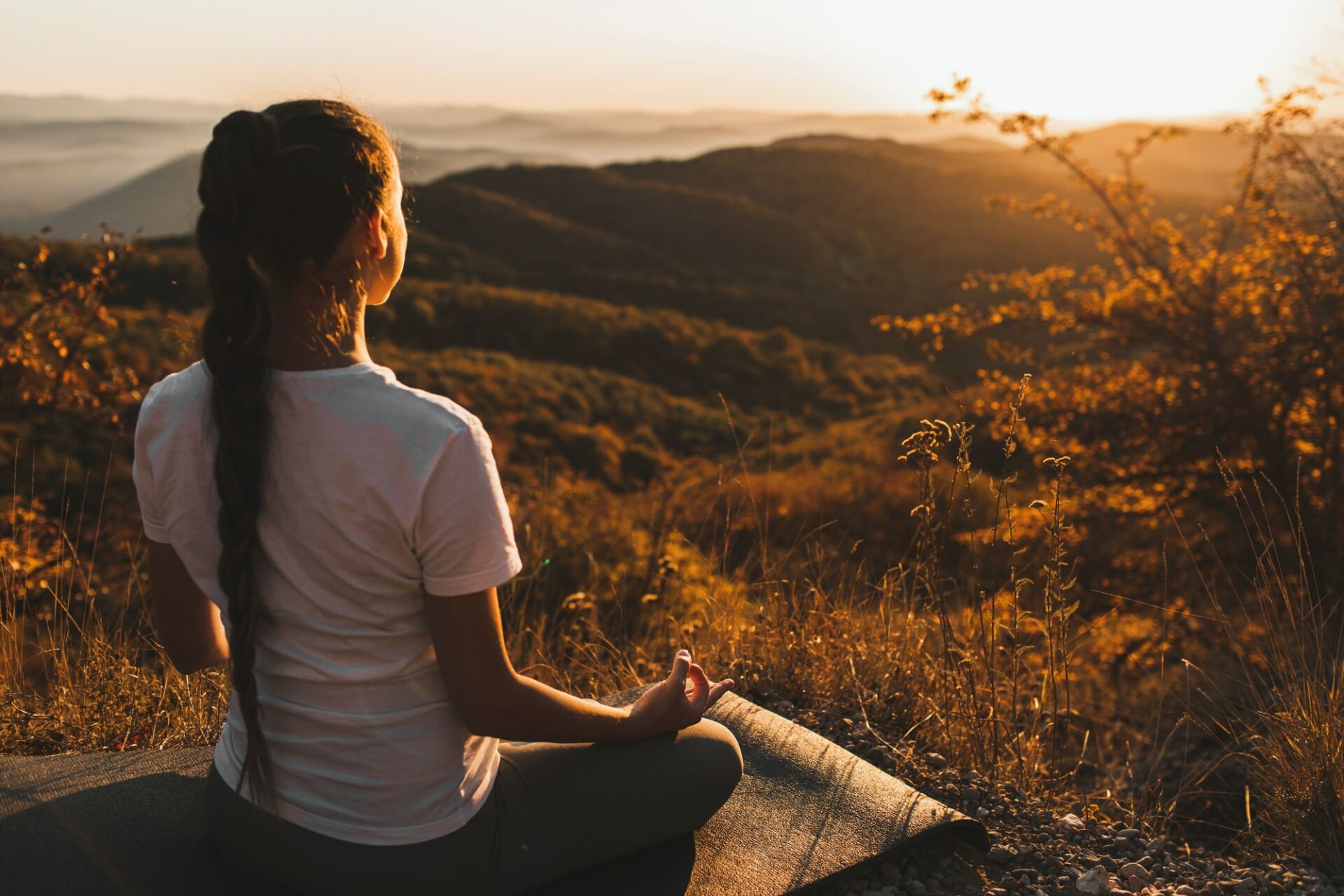Table of Contents
ToggleZen monks lead a life much different from the one the Western man is accustomed to. The values held by these two groups do collide to a certain extent, however, the emphasis on the core is usually different when put under scrutiny.


We’re not interested in pointing fingers or saying who lives ‘the right way’ and who doesn’t. To put it in simple terms, there is no right or wrong way to live. Every way of living is a burden to some and a blessing to others. Belief and morality is one subject-dependent topic.
The idea behind this article is to highlight some of the habits which Buddhist followers implement in their day-to-day life so that we could learn something new. There are plenty of things we could take from zen principles to embellish or improve our fitness journey.
The Buddhist ethical standpoint is founded upon several tenets. Some of the crucial ones like discipline, razor-sharp focus, and humility are common knowledge to the outsiders. These are at the root of their beliefs and through daily practice, they show just how deep and serious their commitment runs. The ones mentioned barely scratch the surface, but it’s a starter’s list.
Let’s go over some more tenets and ideas we found and see how they align with the achievement of our fitness goals.
Everything constantly changes
The idea that everything around us is in constant motion has its subjective and objective premise. The objective one probably arose from observations made purely of the outside world. Examples of such changes are the change of seasons, the rise and fall of the temperature, the shift of the colors in nature… The subjective one came from the overtime changes which we noticed going on in ourselves – our emotions, moods, health – they are constantly changing.
Monks believe this principle to be useful when understanding ourselves, our very own nature as human beings, but also the Universe and its peculiar ways. A gym is a place where we get to learn a lot about ourselves and the outside world too. Facing fears, setting new goals, understanding the process of growth, all of which have to do with our inner self. On the other hand, when we look outside we see that the world will run its course regardless of our best efforts – think of injuries, and other such misfortunes.

What a monk does when he looks both inwards and outwards is pure acceptance. Everything is what it is. Following their steps, we too should have more patience with ourselves. Caught up in our disappointments, we rarely think of the bigger picture, of how beautiful the things we’re so passionate about really are, and how fulfilling it is to be alive and well.
Remember that one bad game doesn’t make you a bad player or that one poor day at the gym doesn’t mean you won’t succeed in reaching your goals.
Be present
“Be present” or “be present and mindful” is another important principle for every zen monk. It’s a reminder of the fact that we’ve only got this present moment to live in. Nothing more nothing less. That is precisely why it should be given all our focus, if possible.
This is a very useful reminder for all of us non-monks as well. More often than not people come to the gym with their heads full of worry, be it trauma from the past or anxiety about the future. We go to the gym because we wish to develop our bodies. Just like a monk, you should pay attention to the given task, no matter what it is. If you’re at the gym then focus on your workout.
If you’re doing a set of push-ups then concentrate on your set of push-ups. Focus on the tension in your muscles, breathing, achieving a full range of motion. This is in part what meditation represents too. Maintaining focus for as much as you can. Your mind will wander off since that is what the mind does, but try to bring it back to the present moment. If your focus is too far off then perhaps it’s time to finish your workout and switch to another activity.
Do not be judgemental
Monks highly value good deeds and helping others. As generous and humble people they don’t judge others or ask for anything in return. A monk tries to do something kind to his community every single day and so should we.
Do not judge others or try to diminish their journey. Every person has their own pace, their path. Respect the fact that we’re all different and that our goals don’t need to be the same. Some people are trying to lose weight, others are trying to gain it. Some are just trying to remain healthy.
If you see a person in need of assistance then do your part and try to help out. Whether it’s giving advice, preventing a mistake from happening, or something else. Help comes in different shapes so try to give your support and help in whichever way you find suitable.
Life should be simple
For a monk, life should be simple. Fill your days with a certain number of things that you can dedicate time to and successfully accomplish and you will be happy.
We often try to fill our days with as many chores as we can, thinking it’s the only way to become productive or useful. Oftentimes this behavior paves way for negativity, uncertainty, and doubt. Why? Because we take up a big number of tasks which we simply cannot perform in time. As a result, we found ourselves to be incapable or unworthy. We forgot that quality can be quantity.
Therefore, think of our fellow monks the next time you hit the gym. Instead of trying 10 different exercises maybe you should focus on one or two which you find most interesting. Such workout programs are not unheard of. Think of German volume training for example. Work on the exercises you like until you see progress and then move forward. Remember, single-tasking > multi-tasking.
Final words
We’ve only managed to point out the most general and applicable notions of the zen philosophy. In no way is this list complete or perfect. For the purposes of making gradual progress in the gym, the notions we’ve mentioned are more than sufficient.
A conclusion we drew, in the end, is that the zen wisdom is both perennial and boundless. Anyone can benefit from reading about Buddhist philosophy, not just a person keen on sports or fitness. We send our regards to all the monks out there, Buddhists or otherwise, for sharing their wisdom with us and teaching us a bit more about their way of living.
Thank you all for reading!


